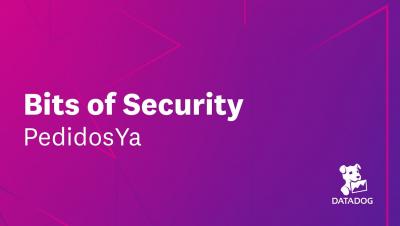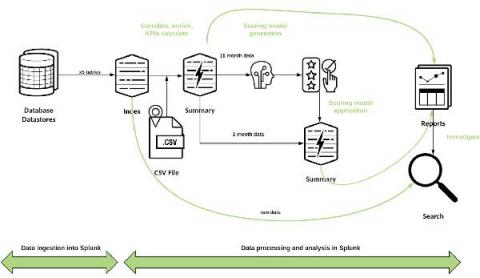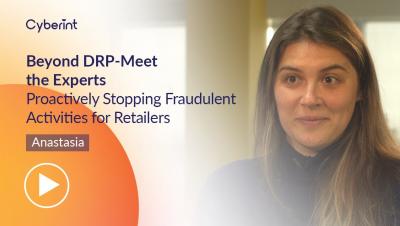Phishing towards failed trust
Phishing exercises are an important tool towards promoting security awareness in an organization. Phishing is effective, simply because it works. However, any social engineer can devise a marvelously deceptive message with an irresistible link that only the most tech-savvy person would spot as a phishing test. Sometimes, the phish can be sent at a time of day that catches the recipient off-guard, which causes a person to click the malicious link.









